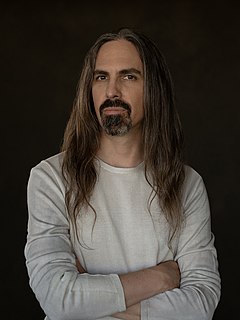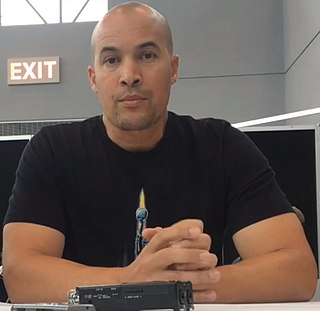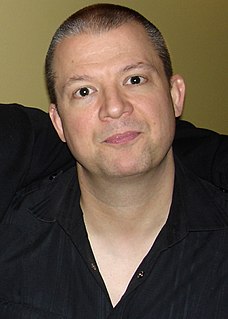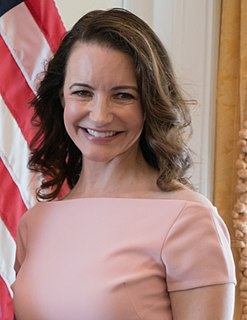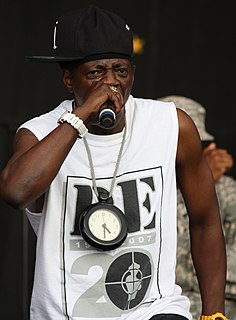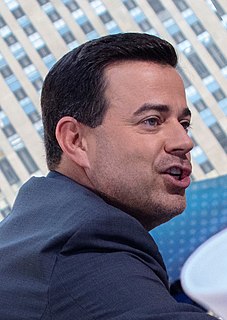A Quote by Bear McCreary
If I switch showrunners and I get to stay on the show, I approach it like it's their show, and I'm here to write their music for them.
Related Quotes
The show is coming from the music. I get on the stage with the band, and I communicate with my musicians, and the music that we create and all that is coming out of us. The music is making the show and the music is creating the atmosphere, so if you close your eyes and listen and feel what it is that's coming out of the speakers, that's the whole point.
I tend to write things seven times before I show them to my editor. I write them seven times, then I take them on tour, read them like a dozen times on tour, then go back to the room and rewrite, read and rewrite... I would never show him a first draft, because then he's really going to be sick of it by the twelfth draft.
